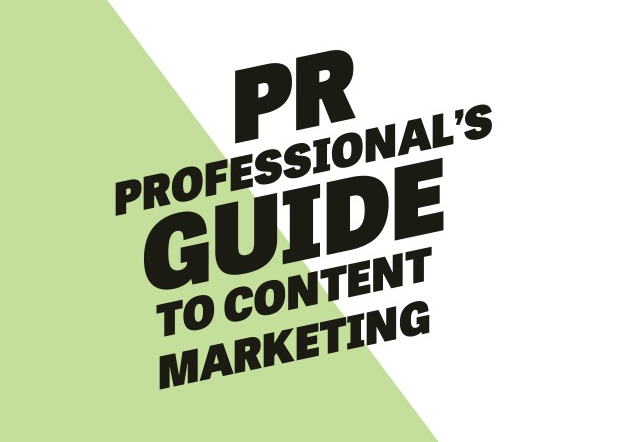PR and marketing used to be separate. But now more and more of their job responsibilities are starting to overlap.
Go to a well-known public relations or marketing blog, and you’re sure to see something about content marketing. Content marketing is kind of in the spot social media found itself in a few years ago: no one agrees on who should own it.
I won’t go into my thoughts on the topic, but I will say this: successful content marketing can’t happen without some PR. And while not every marketing team needs a designated PR pro, the team’s success depends on having strong public relations skills.
Good Content Means Nothing Without Good Distribution
Sure, it’s great that you wrote an awesome ebook. But tell me this: how is your company planning on getting people to read it?
Many content marketers say you should spend twice as long promoting a piece of content than you do creating it. That may sound daunting at first, but think about the ongoing nature of blog promotion. One hour of that promotion may be broken up into creating several one-off shares over the course of a few months.
A rounded content distribution plan might include:
-
Sharing on social media
-
Including links in a company newsletter
-
Syndicating the content on other websites
-
Optimizing the content for shares
-
Personally emailing content to interested contacts
-
Linking to content in guest posts
-
Earning inbound links to the content
-
Getting influencers to share or endorse the content
Those last four bullet points? Yeah, they take some PR savvy.
Public Relations for Content Marketing
The most important reason that content marketers need a grasp on PR is the need for relationships. PR pros are experts at building relationships – it’s one foundation of PR as a whole.
Content marketing is a whole lot easier when you have strong relationships with people who can help you get your content out there. It all boils down to knowing how to write a pitch. Let’s look at those bullet points again:
Personally Emailing Contacts
You just wrote a post about something and think several of your contacts would enjoy it. Don’t leave it to chance that they’ll see your social shares of it or find it on their own. There’s nothing wrong with sending a quick email saying you wrote something on a topic they’re interested in. But if you don’t know how to write a good pitch, you may come off sounding more pushy than helpful.
Linking to Content in Guest Posts
Guest blogging can be as valuable for content promotion as it is for personal branding. You can link to content in the body of the post, provided it’s related to what you’re talking about in the post. Or you can highlight specific content in your bio instead of including a link to, say, your blog’s home page.
But once again, to secure great guest blogging gigs, you need to know how to pitch yourself and your writing to relevant outlets.
Earning Inbound Links
Have you ever seen 10+ outlets writing articles about the same company’s recent report or whitepaper? Think about how valuable those links are, especially when they’re from authoritative, high-ranking sources.
Do you think that those publications all just fell upon that data? I’m betting that in most cases, they received a great email from the original company. It probably stressed why the report would be valuable to readers. I’ll also bet that the publications receive pitches like that a lot, and only pay attention to the good ones.
Getting Influencers On Board
I love stories where one tweet boosted a company’s subscribers or conversions by crazy amounts. It may seem like exaggeration, but it happens. Influencers can drive hundreds of visits to a small company’s website. That may be twice as many visits as they usually see.
This kind of success depends on targeting the right influencers and building a relationship with them. Then you need to show them the value in your content. If you spam them, are pushy, or use any other combination of bad pitching tactics, you’re making that success next to impossible for yourself.
So while everyone debates on whether content marketing should fall under marketing or public relations, you can focus on how to combine the two for content success.
What PR tactics do you think are most important in content marketing?
 Brittany Berger is currently a Digital Content Supervisor at eZanga.com. She graduated from University of Delaware in 2012 majoring in Mass Communication with a public relations focus and minoring in Interactive Media and English. Connect with her on Twitter @bberg1010.
Brittany Berger is currently a Digital Content Supervisor at eZanga.com. She graduated from University of Delaware in 2012 majoring in Mass Communication with a public relations focus and minoring in Interactive Media and English. Connect with her on Twitter @bberg1010.

